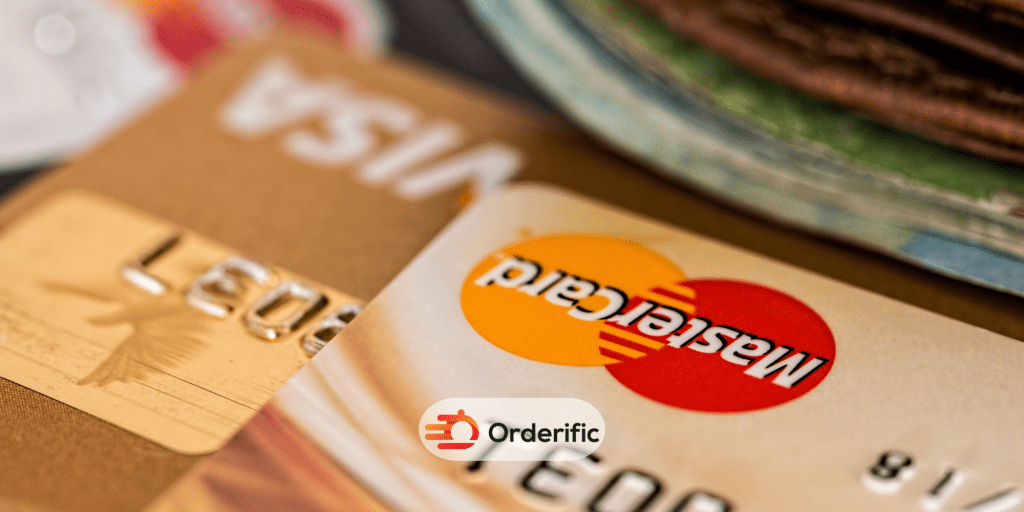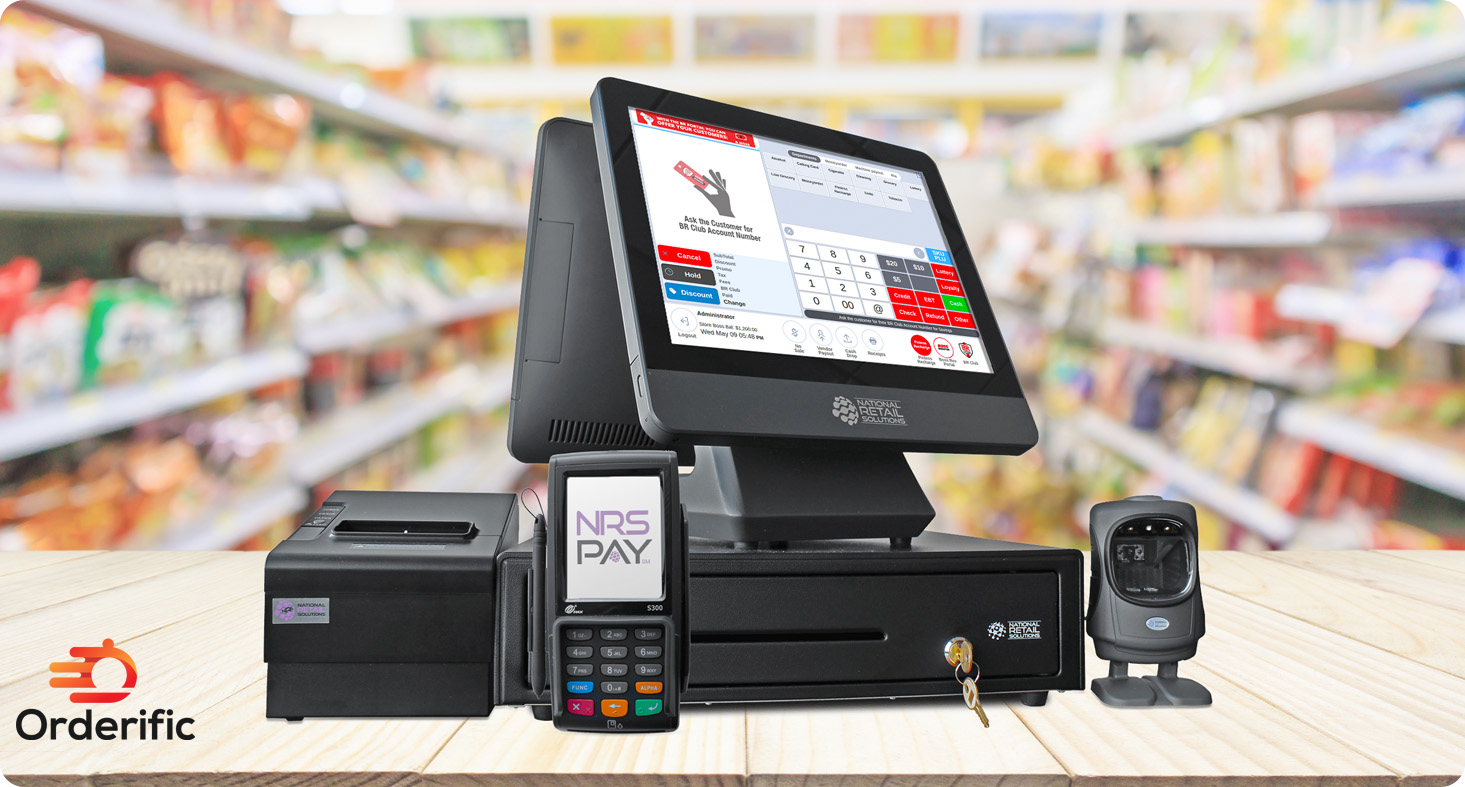Welcome to the world of credit card transactions and Credit Card Processing! Ever wondered how the funds magically move from your account to a retailer’s when you swipe your card? It’s a complex yet fascinating process that involves multiple entities, including the issuing bank. Let’s take a closer look.
In simplest terms, the credit card process begins when you provide your card details to a merchant either physically or digitally. This information then travels through a series of secure networks, involving several key players, among which the issuing bank holds a significant role.
Transacting with a debit card is quite similar, with the main difference being where the money comes from. When you make a debit transaction, the money is deducted directly from your bank account. On the other hand, when you use a credit card, you’re essentially borrowing the funds from your issuing bank. In this guide, we’ll demystify the entire process, helping you understand how these transactions happen seamlessly every day.
An Overview of the Credit Card Processing System
The credit card processing system is a multi-step procedure, facilitated by a set of interconnected networks. To understand it fully, we’ll break the process down into its steps.
The first step in the process is the transaction itself. When you swipe your credit card at a store or input your details online, this action initiates the transaction. Your card information is then sent to the merchant’s bank, known as the acquiring bank. This bank has the role of processing the transaction and making sure the cardholder has sufficient credit.
The acquiring bank sends the card details and transaction information to the issuing bank via the card network (such as Visa or Mastercard). The issuing bank then verifies the transaction, checking the card’s validity and whether the cardholder has enough credit for the purchase. If all checks out, the issuing bank sends an approval back through the network to the acquiring bank, which then authorizes the transaction. This process happens within a matter of seconds, making credit card transactions appear seamlessly instantaneous.

Credit Card Processing Fees and Costs
The different entities involved in the credit card process generally take some form of payment for their services – this is known as a processing fee. On one hand, the issuing bank will charge an interchange fee to cover its costs. On the other, the acquiring bank will also collect a merchant service fee from merchants. This is usually calculated as a percentage of each transaction and is used to cover the costs of managing and processing credit card payments.
Typically, merchants will have to pay both interchange fees and merchant service fees. However, some merchant service providers may offer solutions that involve lower or no transaction fees. This is why it pays to do your research when selecting a payment processor for your business – look out for those providers that offer better deals with lower overall costs.
Interchange Fees and Assessment Fees
Interchange fees are charged by card networks and the issuing bank to help cover the cost of processing payments. They generally consist of a percentage commission, plus a flat fee for each transaction. On top of this, assessment fees may also apply. These are additional charges imposed by card networks on both the acquiring and issuing banks as part of their overall costs.
Processing Fees and Markup Costs
Processing fees are typically charged by the acquiring bank, which uses them to cover its costs. These can vary depending on your merchant services provider and the type of card you use. In addition, you may also be liable for a markup cost – this is an additional fee imposed by the payment processor for its overhead costs. Markup fees are usually calculated as a percentage of the total transaction.
Chargebacks and Other Fees
In some cases, your business may be subject to additional fees. Chargebacks refer to transactions that are later reversed, often due to a customer dispute or fraudulent activity. When this happens, the issuing bank will typically charge a fee for handling the transaction reversal – and you may also need to pay an equivalent chargeback fee too. You could also incur other miscellaneous charges, such as interchange optimization fees or currency conversion fees.
Credit Card Processing Equipment and Software
For businesses to accept credit card payments, they need the right hardware and software. At a basic level, you’ll need a terminal or point-of-sale (POS) system that can read payment cards. For online payments, you’ll need secure servers, PCI-compliant software, and an SSL certificate for encryption.
Point-of-Sale (POS) Systems
POS systems are digital terminals that can accept and process card payments from customers. They typically plug into a computer or smartphone, allowing you to take card payments in-store. These machines enable merchants to quickly and securely process credit and debit cards – including contactless transactions.
Mobile Payment Solutions
Mobile payment solutions provide businesses with the ability to take card payments directly from their customers’ mobile devices. This technology uses a system of secure servers and specialized apps, allowing merchants to quickly process transactions in-store or on the go. Mobile payments are also an ideal option for those who don’t have access to traditional POS systems.
Online Payment Gateways
Online payment gateways enable businesses to accept credit and debit card payments online. These solutions provide a secure way to process digital transactions, allowing customers to make purchases from anywhere in the world. Payment gateways usually come with their own set of unique features, such as fraud protection and customer data tracking.
Credit Card Processing Security and Compliance
Security and compliance are two of the most important aspects of credit card processing. All businesses that accept card payments must adhere to certain protocols and guidelines set by the Payment Card Industry (PCI). This helps protect customers’ data from fraud or theft, allowing merchants to process payments with peace of mind.
Payment Card Industry Data Security Standards (PCI DSS)
The Payment Card Industry Data Security Standards (PCI DSS) are a set of security guidelines designed to protect cardholder data. All merchants that accept credit and debit cards must comply with these rules, which include encrypting payment data, maintaining strong firewalls and regularly testing systems for vulnerabilities.
Fraud Prevention and Detection Measures
Fraud prevention and detection measures are used to reduce the risk of fraudulent activity. These tools help merchants monitor their transactions for any suspicious behavior, allowing them to quickly identify and react to possible fraudulent activity. Some common fraud protection features include address verification systems (AVS) and card security codes (CVV).
Compliance with State and Federal Regulations
Merchants must also comply with state and federal regulations when it comes to credit card processing. This includes complying with the Truth in Lending Act (TILA) and other consumer protection laws, as well as adhering to industry-specific rules such as those imposed by the Payment Card Industry. Merchants need to consult a professional if they’re unsure about compliance.
Choosing a Credit Card Processing Provider
Choosing the right credit card processing provider is an important decision for any business. Once you understand how the process works, you can start looking at different providers and weighing up their features to find the best fit for your needs. Here are some tips to help you choose:
Comparing Rates and Fees
When selecting a processor, it’s important to compare the rates and fees charged by different providers. Different processors will offer various features at different prices, so do your research to find the best deal. Make sure you consider interchange fees, merchant service fees, markup costs, and any other charges that might apply.
Evaluating Customer Service and Support
Customer service and support is another important factor to consider when choosing a processor. Make sure you choose one with an experienced customer service team that can provide fast, efficient assistance when needed. Check out reviews from other customers to get an idea of the level of support you can expect.
Reviewing Contract Terms and Conditions
Whenever you enter into a contract with a processor, make sure you carefully review the terms and conditions. Pay attention to any hidden fees or cancellation penalties that may apply – and look out for any clauses that could limit your rights in the future. It’s always advisable to consult an attorney if you have any doubts about a particular clause.
Credit Card Processing Trends and Innovations
The credit card processing industry is constantly evolving, with new trends and innovations emerging all the time. Here are some of the most recent developments in the space:
Contactless Payment Technology
Contactless payment technology is one of the most popular innovations in credit card processing. This type of payment system enables customers to make purchases by simply tapping their card against a terminal or device – no need to enter a PIN or sign for the transaction. Contactless payments are becoming more and more prevalent, making it easier than ever for merchants to accept digital transactions.
Mobile Wallets and Payment Apps
Mobile wallets and payment apps are another popular type of credit card processing. Rather than swiping a physical card, customers can add their payment details to an app or browser extension and use it to make payments online. These solutions offer features such as fraud protection, passwordless logins, and real-time transaction tracking.
Blockchain and Cryptocurrency Solutions
Blockchain and cryptocurrency solutions are another area of innovation in credit card processing. These technologies allow merchants to securely process digital currency payments without the need for third-party involvement. Cryptocurrency transactions offer unprecedented levels of security, allowing customers to make payments without revealing any personal information.

Conclusion
Understanding credit card processing can seem daunting, but it’s an essential part of running a successful business in today’s digital age. By learning how the system works, businesses can make better-informed decisions about the payment solutions that best suit their needs. The ability to process credit card transactions smoothly and efficiently not only improves the shopping experience for customers but also plays a significant role in driving sales and revenue growth.
Choosing the right credit card processing solution requires careful consideration of various factors, including processing fees, contract terms, customer service, and the technology used. Businesses should not shy away from investing time and resources in this process, as the right solution can significantly enhance operational efficiency and customer satisfaction. Innovations such as contactless payments, mobile wallets, and blockchain technologies are shaping the future of credit card processing, enabling businesses to offer their customers more convenient and secure payment options.
Finally, while embracing technology and innovation, businesses should not overlook the importance of security and compliance. Adhering to PCI DSS standards and implementing robust fraud prevention measures is not only a legal requirement but also crucial in maintaining customer trust and protecting against financial losses. To sum up, a sound understanding of the credit card processing system, partnered with the right choice of provider, can equip businesses with the tools they need to succeed in an increasingly digital marketplace.
You can find more informative content here with Orderific. For the many ways Orderific can improve your business, start trying it out here. It’s Orderific time now!
FAQs
How does credit card processing work?
Credit card processing works by connecting the customer’s issuing bank to the merchant’s acquiring bank.
What fees are associated with credit card processing?
Typically, merchants will have to pay both interchange fees and merchant service fees.
What equipment and software do I need for credit card processing?
At a basic level, you’ll need a terminal or point-of-sale (POS) system that can read payment cards.
How do I ensure credit card processing security and compliance?
All businesses that accept card payments must adhere to certain protocols and guidelines set by the Payment Card Industry (PCI).
How do I choose a credit card processing provider?
When selecting a processor, it’s important to compare the rates and fees charged by different providers.
What are some credit card processing trends and innovations?
Contactless payment technology, mobile wallets and payment apps, and blockchain and cryptocurrency solutions are all popular innovations in the world of credit card processing.













